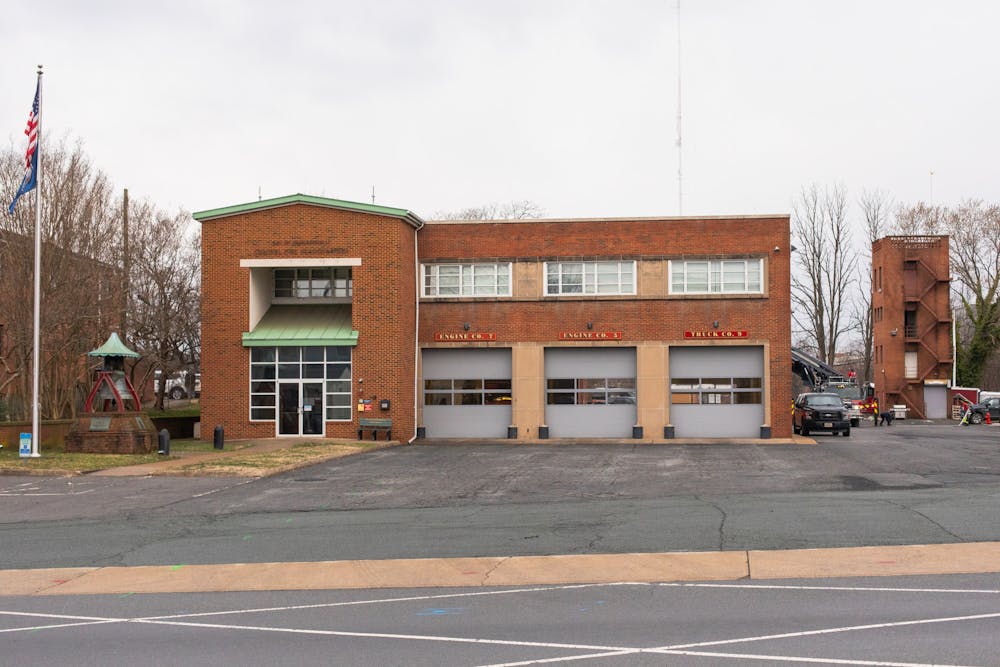According to a report released in late November from the Virginia governor’s office, fire and Emergency Medical Services — two systems which provides skilled pre-hospital care during emergencies — have experienced a nearly 40 percent increase in calls over the last three years. This report also notes that 18 percent of localities said they could not meet state EMS staffing standards, and 70 percent of localities could only sometimes, never or rarely meet federal fire safety standards. These shortages are unacceptable and are the direct result of the state failing to sufficiently fund EMS services in the Commonwealth. As suggested by the report, the state must begin to directly fund the EMS services of its counties — failure to do so compromises the effectiveness of these services and exacerbates existing burdens on emergency personnel in a way that fundamentally threatens public safety.
Many officials say that this report paints a sobering picture of EMS funding shortages. Current funding for EMS is primarily given by individual cities which are responsible for providing access to both direct funding and grant programs, such as the Rescue Squad Assistance Fund. However, these funds are hard to obtain and necessitate competition between different EMS units who should not have to compete for basic financial support. EMS services do not receive the same funding as other comparable first responders. For example, sheriff offices are required to field one deputy per 1,500 residents, and the state assumes responsibility for the salaries of these deputies. However, there is a lack of similar provisions for EMS and fire personnel. In short, while the state recommends certain quotas for EMS crews, they do not provide the funding to meet these quotas.
This reality is especially problematic because EMS shortages are dangerous to citizens. Exhausted and overworked responders may experience heightened stress, anxiety and burnout, diminishing their cognitive abilities and decision-making skills in critical situations. In one study, EMS personnel who were fatigued were 2.2 times more likely to make medical errors compared to their non-fatigued colleagues. Furthermore, according to the U.S. Department of Health, 30 percent of first responders develop behavioral health conditions including compassion fatigue, which is the diminished ability of first responders to practice empathy in crises. Mental health struggles among first responders can lead to decreased job satisfaction and increased turnover rates, resulting in further shortages of experienced personnel. In short, the failure to adequately fund EMS and fire fighting services will only exacerbate the existing toll on first responders and further endanger everyday Virginians.
Despite this straightforward reality, Terrance Cole, Virginia secretary of public safety and homeland security, criticized the aforementioned report for not having realistic policy solutions, indicating an unwillingness to understand the depth of this problem and embrace the state’s responsibility to directly fund these critical services. Cole is wrong to assert that providing first responders with the resources they need is unrealistic. Legislators are already considering tangible and feasible ways to financially support EMS personnel. One suggested solution proposes supporting EMS staff at the local level through state appropriations. A state-funded EMS staff means that the state would pay for the salaries of EMS personnel, fund new EMS equipment and technology and provide consistent financial support to crucial EMS units. Localities would be alleviated of these financial burdens as the state would ensure that the EMS units are adequately provided for.
Notably, while this proposal does demand the state to be entirely responsible for funding EMS units, these sort of state-funded emergency units are not without precedent. HB 599 already outlines providing financial assistance to local police programs. Long-term, the 599 program could, and should, be expanded to include EMS.Though Secretary Cole has said that it would be misguided for the state to assume financial responsibility, the state has a duty to financially support its EMS personnel because of the invaluable service they render to Commonwealth residents. If allocating state funds to these heroes was so unrealistic, then legislators would not already be imagining concrete ways to do exactly that.
Virginia currently has EMS services that are underfunded and overworked. This combination is untenable for many EMS personnel and for the state as a whole. Our legislators must work towards resolving the issues which currently plague EMS units so that these first responders can better protect our communities. While there are undoubtedly many ways to resolve this, state-funded EMS are an investment in the future health and safety of our local communities. For the longest time, local EMS services have committed to providing high quality care to Virginians. State funding for EMS is long overdue and desperately needed.
Apal Upadhyaya is an opinion columnist who writes about politics for The Cavalier Daily. She can be reached at opinion@cavalierdaily.com.
The opinions expressed in this column are not necessarily those of The Cavalier Daily. Columns represent the views of the authors alone.







